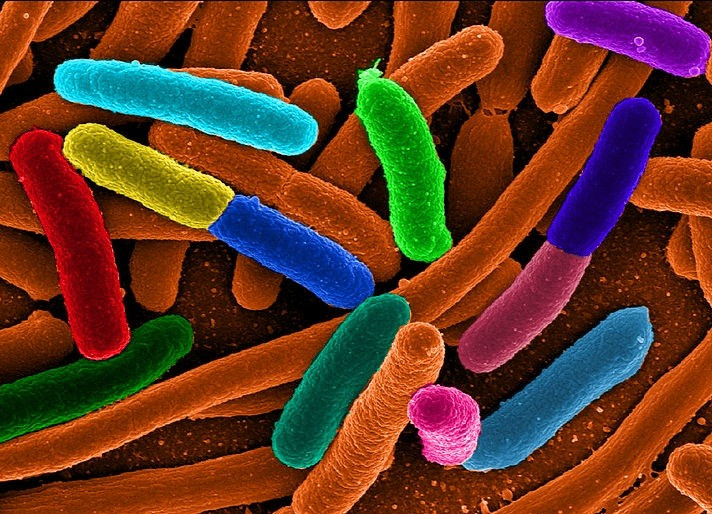Eco-friendly E.Coli strain can 'eat' Carbon Dioxide
How about eating a plate of E.Coli?
E. Coli gut bacteria is something you may not want to think about while eating, but it turns out that the bacteria is not actually the villain it is made out to be – it may not always harm you. Rather, it can actually benefit you, according to new research.
Researchers have developed a new strain of E.Coli, which will actually eat away Carbon Dioxide, instead of glucose which the traditional bacteria feeds on. The lab-developed bacteria can actually be used to create biofuels with a much smaller carbon footprint than regular bacteria.
It may be the key to reducing the greenhouse effect and a very effective climate change solution.
The research paper, titled, "Conversion of Escherichia coli to Generate All Biomass Carbon from CO2" was published in the Cell journal on Wednesday.
The researchers are calling the development of the bacteria a 'milestone' as it drastically alters the biomechanics of one of the most popular model organisms. This strain can actually be used to prepare food – not only will it have a lower carbon footprint, but will also remove carbon dioxide from the air.
Tobias Erb, a biochemist and synthetic biologist at the Max Planck Institute for Terrestrial Microbiology in Marburg, Germany, stated about altering the genetics of the bacteria, "It's like metabolic heart transplantation."
He wasn't involved in the research but studied the research paper in detail and made his inference.
The inspiration for this research has been taken from the photosynthetic process in plants and photosynthetic cyanobacteria. Both use light to transform CO2 into DNA, proteins and fats.
E. Coli is easy to genetically engineer. One of the reasons for selecting it is its fast growth, which entails that it can be easily tweaked and quickly tested.
It is still under development and is currently far from usable in real-world conditions. Currently, the whole process is creating more CO2 than it is consuming. But, the bacteria is consuming much more CO2 than previous E.Coli experiments and holds hope for the future.
The team behind the research is hoping that switching to electricity for the manufacturing process may create a balance in terms of emissions.

© Copyright IBTimes 2025. All rights reserved.





















